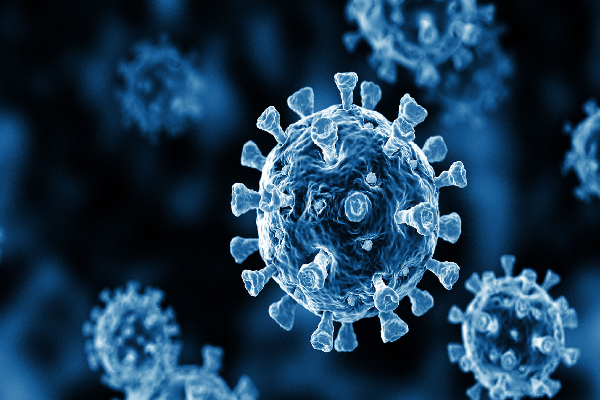The resurgence of COVID-19 cases in the United States, United Kingdom, China, and other regions has prompted concerns over a new variant known as the Pirola or BA.2.86 variant. According to the Centers for Disease Control and Prevention (CDC), this variant poses a higher risk due to its reported higher infection rates across multiple areas.
While the Pirola variant is considered milder than the original COVID-19 strain, it has gained attention due to its significant mutations and potential implications. Virologist Dr. Pavithra Venkatagopalan has compared the changes in this variant to the Omicron variant’s mutations from the Delta variant.
The Prime Minister of India, Narendra Modi’s Principal Secretary PK Mishra, chaired a high-level meeting to discuss the global and national COVID-19 situation, including newer variants, their impact, and the public health response.
The severity of the Pirola variant is not yet fully understood as very few samples are available for analysis. Only nine samples of the BA.2.86 variant have been received, indicating that more cases could exist but have not been detected.
The CDC has highlighted that the Pirola variant could potentially affect individuals who have previously survived other variants or received COVID-19 vaccines. This suggests a higher potential for breakthrough infections compared to earlier strains of the virus.
The Pirola variant stands out due to its 35 new mutations that differentiate it from previously known COVID-19 variants. Cases of this variant have been reported in several countries, including Denmark, South Africa, the US, UK, and Israel.
The symptoms associated with the Pirola variant include rashes, conjunctivitis, and diarrhea. Meanwhile, the Eris variant’s symptoms, another variant of concern, include fever, cough, shortness of breath, fatigue, muscle aches, headache, loss of taste and smell, and sore throat.
There are concerns about the potential immune evasion of the Pirola variant due to substantial mutations in its spike protein. This raises questions about the efficacy of existing vaccines and prior COVID-19 infections against this variant compared to earlier strains of the virus.
As the situation evolves, health authorities worldwide are closely monitoring the spread and impact of the Pirola variant, and individuals are advised to continue following public health guidelines and precautions to mitigate the potential risks associated with the variant.













